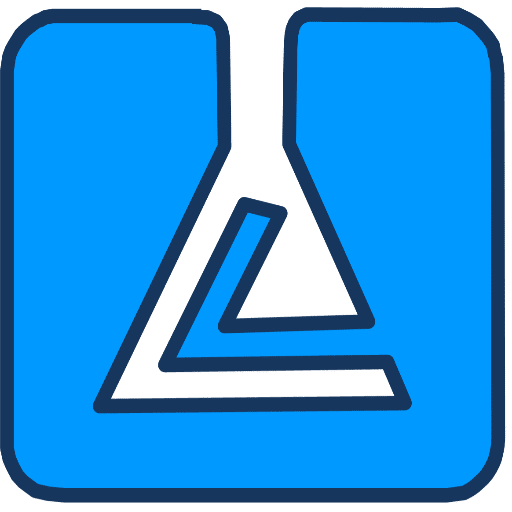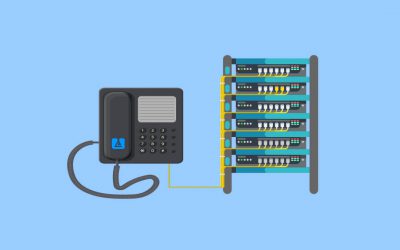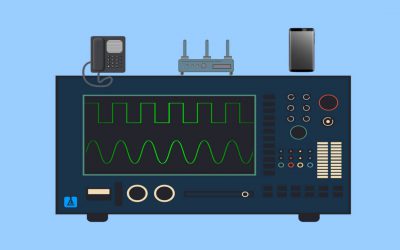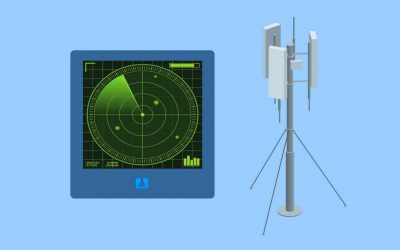Our basic communications training lab is an integrated teaching solution aims to provide students with basic knowledge and technical concepts of telecommunication technology.
The Training units in this lab are specifically designed for hands-on training in a wide range of communication technologies. Training starts from the basic pulse modulation techniques (PAM, PWM, PPM, PCM, DPCM, and delta modulation), covers the various digital modulation schemes used in data transmission (ASK, FSK, BPSK, QPSK, and QAM), and extends to modern, spectrally efficient, digital communication techniques such as the asymmetric digital subscriber line (ADSL) and spread spectrum technologies (direct-sequence spread spectrum and frequency-hopping spread spectrum). This lab consists also phase-shift keying (PSK) circuit board for teaching method of digital communication in which the phase of a transmitted signal is varied to convey information. and the transmission lines circuit board to provide students with the theory and measurement skills required to implement and test communications transmission lines. Students first learn the principles and operational characteristics of transmission lines. They then learn how to conduct transmission line measurements under transient (step testing), and sinusoidal steady-state conditions. Finally, students acquire a valuable foundation in the theory and practice of time-domain reflectometry (TDR), as well as impedance matching and transformation.
The lab enables students to apply many experiments and activities cover various topics in Communications technology such as:
- Communications Technologies
- Pulse Modulation and Sampling (PAM / PWM / PPM)
- Digital Modulation (PCM / DPCM / Delta)
- Basic Modems and Data Transmission (ASK / FSK / BPSK)
- Quadrature Amplitude Modulation (QAM / DQAM)
- Asymmetric Digital Subscriber Line (ADSL)
- Spread Spectrum (DSSS/FHSS/CDMA)
- Digital modulation
- Baseband signals, Passband signals
- Partitioning of pulse streams
- Signal constellations for MPSK, General Equations
- Heterodyning baseband signals with a carrier
- Unipolar and bipolar signals in time domain and in the frequency domain
- Binary PSK (BPSK), Quadratic PSK (QPSK), Offset QPSK (OQPSK), Differential PSK (DPSK)
- modulation and demodulation
- Introduction to the Transmission Lines Circuit Board
- Velocity of Propagation
- Behavior of a Transmission Line Under Various Load Impedances
- Attenuation and Distortion
- Determining Characteristic Impedance and Velocity of Propagation by Measuring the Distributed Capacitance and Inductance
- Voltage Reflection Coefficient at the Load and Generator with Purely Resistive Impedances
- Transient Behavior of a Line Terminated by Complex Load Impedances
- Detection and Location of Disc

.jpg)


